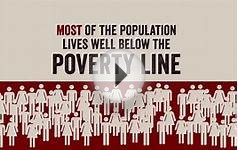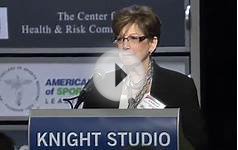 So much has been said about new “21st century” skills, standards and learning requirements, that they have become virtually synonymous with “college and career readiness” (a similarly poorly defined goal). The purportedly new demand for higher-level and different skills has further increased the pressure for more tests and higher stakes attached to them.
So much has been said about new “21st century” skills, standards and learning requirements, that they have become virtually synonymous with “college and career readiness” (a similarly poorly defined goal). The purportedly new demand for higher-level and different skills has further increased the pressure for more tests and higher stakes attached to them.
A new study showing explosive growth in student poverty suggests, though, that we have misidentified the problem. What if we have actually been teaching the right skills in US schools all along – math and reading, science and civics, along with creativity, perseverance and team-building? What if these were as important a hundred years ago for nurturing innovative farmers and developers of new automobiles as they are now for creating the next generation of tech innovators? What if these are the very characteristics of US schools that have made us such a strong public education nation, and the current shift toward a narrower agenda just dilutes that strength? What if, rather than raising standards, and testing students more, the biggest change we need to address is that of our student body?
The October 2013 Southern Education Foundation study indicates clearly that poverty, which has long been the biggest obstacle to educational achievement, is more important than ever. It is our true 21st century problem. Fifty years ago, we educated mostly working-class kids and up, and we did not expect those at the bottom of the socioeconomic ladder to graduate. Now we educate all students, including the very poorest and otherwise disadvantaged. And we expect them all to graduate. Compounding this shift, a large and growing proportion of US students students live in poverty and even concentrated poverty, have a disability, and/or are learning English as a second language. THAT is the paradigm shift, and we need a totally new set of policies to address that 21st century reality.








